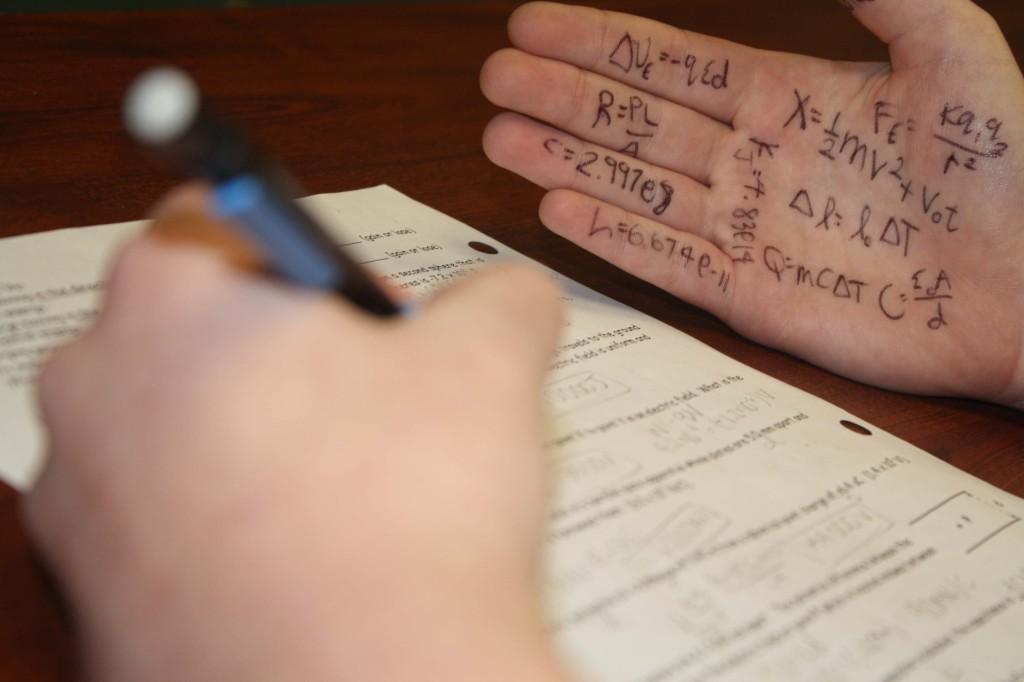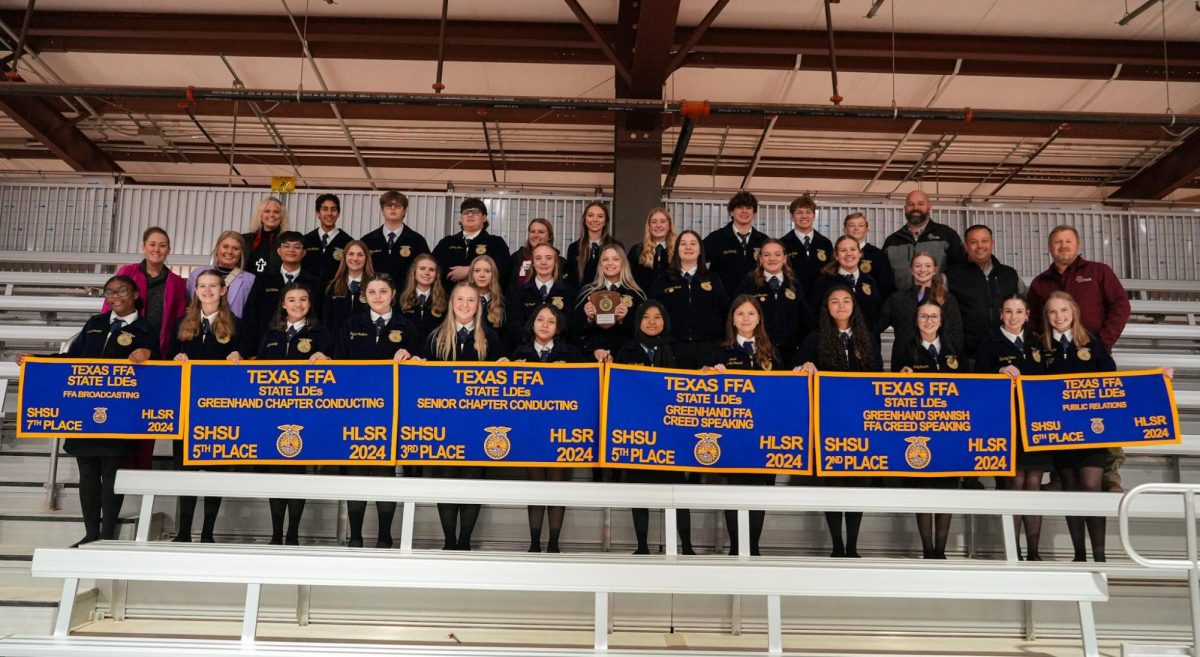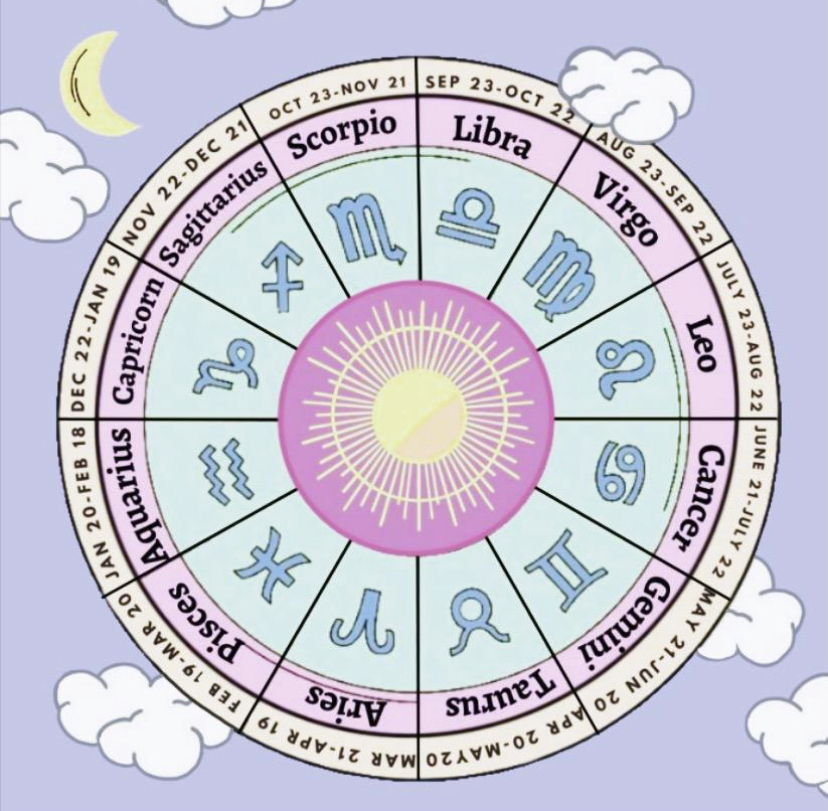Junior Tyler Swift*claims cheating has become too easy and that nobody understands the crime they are committing anymore.
According to surveys in the U.S. News and World Report, 80 percent of “high-achieving” students admit to cheating and 51 percent of students do not think cheating is wrong.
“The more people [cheat], the more people think it is okay.” Swift said. “It’s gotten to the point where it’s almost okay because teachers aren’t looking as much. They are just kind of on their computers.”
According to Swift, the pressures of high school really begin to add up, from pressures of self image to pressures of popularity, the list is endless, but the pressure that tops them all is grades.
Swift sees people getting excessively competitive over class rank and grade point averages until they end up worrying less about their morals and more about doing whatever it takes to be on top.
“What drives you to cheating [is] pressure from everyone else doing better,” Swift said. “If you don’t have enough time to study for everything that you have, you think of alternatives and cheating is the easiest way out. You just don’t study and you cheat even though it’s not the right thing to do.”
There are also those who deal with the academic pressures of high school with nothing but persistence and hard work. But when they do not come out on top of those who cheat, junior Abby Dopplehanger* feels it is just not fair.
“It’s frustrating,” Dopplehanger said. “But I try to not let it get to me because I know it will come back to them in college.”
Though to many cheating appears to be an effortless road to an ‘A’, students neglect to see the consequences. According to Swift, cheating also has an addictive quality where once you have begun, it is difficult to stop.
“The more you cheat, the easier it gets,” Swift said. “People automatically know they’re going to cheat over [things]. Most people try [it] at first and then realize it’s easier just to cheat.”
According to World Geography and Human Geography teacher Elizabeth Smalley, teachers hate to see cheating going on in the classroom and although they will take action if necessary, they do not like to do enjoy doing so. Smalley, like many other teachers, wants to invest her time to stop the cheating before it happens.
“I am much more rigorous at trying to prevent [cheating],” Smalley said. “I put a little sign on my door on test days that reminds them to take their phones, put them in their backpacks, and put their backpacks by the wall. It’s like the TAKS environment but they are accustomed to it and they know what is expected.”
Once a student is caught cheating, according to Swift, it is not easy for them to redeem themselves. Not only are there repercussions grade-wise, but there is also no longer a reason for teachers to give respect to a cheater. Accountability and character is lost.
“Teachers talk,” Swift said. “You’re going to have a reputation [where] you’re a cheater.”
As sponsor of the National Honor Society (NHS), Smalley does not take cheating lightly. She hopes that people can rise above cheating and that avoiding the self image of a cheater will be enough inspiration for them to practice good ethics and to stay true to their morals.
“The world doesn’t always catch up with every speeder on the road but it catches some and so people take their chances,” Smalley said. “Not everyone does get caught. Unfortunately I know some kids do get into NHS and sometimes they don’t stay. People have to look themselves in the mirror at the end of the day, and if they pressed an advantage, I would hope that they would not feel good about themselves.”
*Names have been changed.




